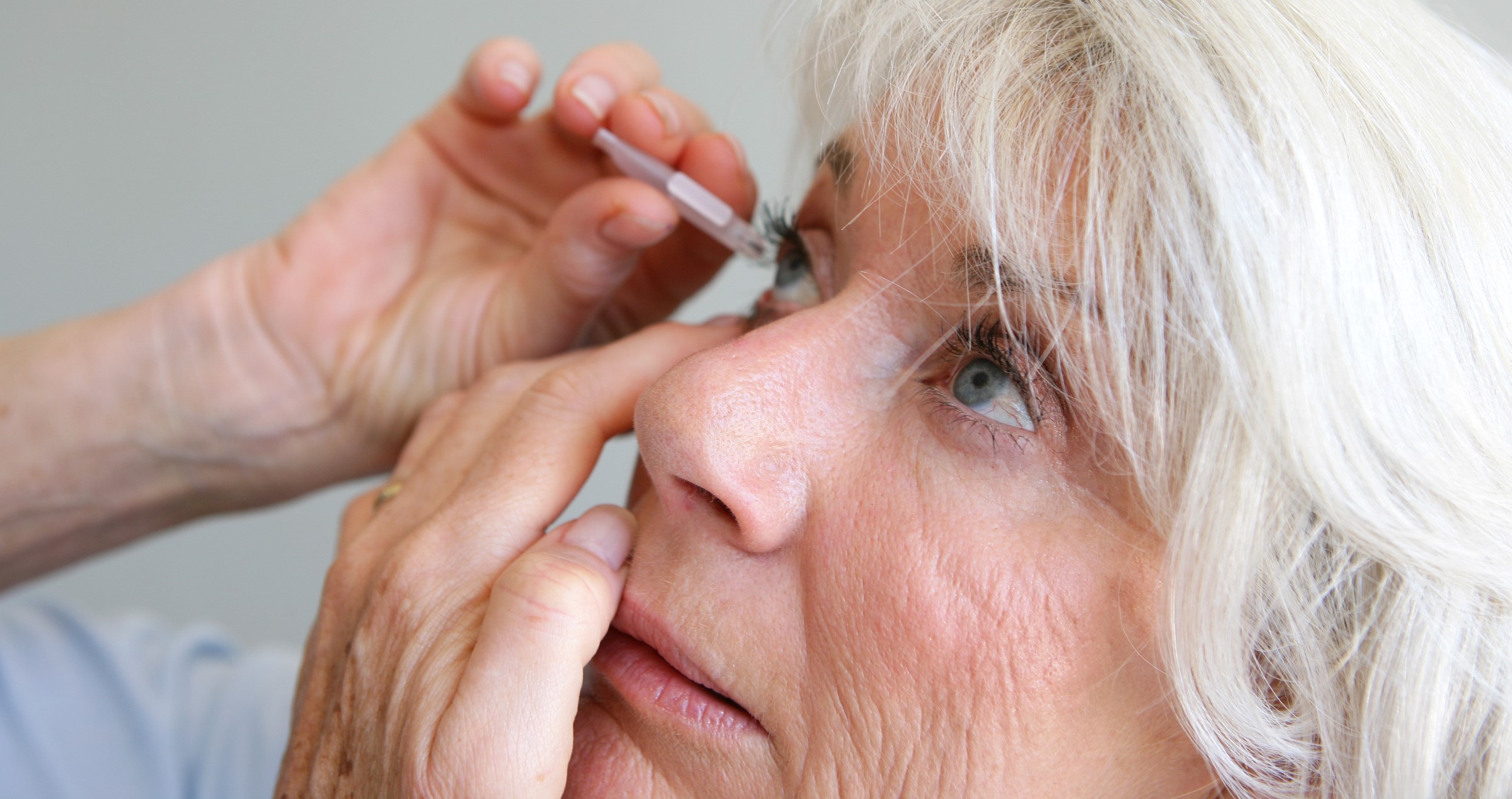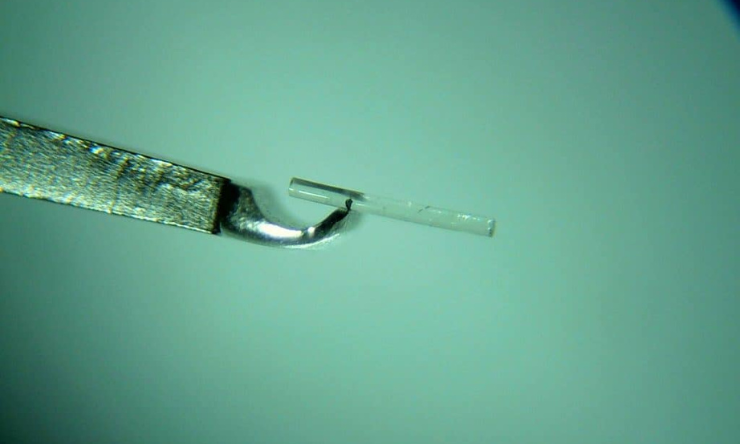Share
A clinical-stage Australian biotechnology company, PolyActiva, has recruited patients into its Phase I clinical trial for a new ocular implant that could improve the daily lives of millions of glaucoma patients.

PolyActiva has used its proprietary polymer prodrug technology to develop ocular implants that, when placed in the eye, provide sustained treatment over a six-month period, compared to current glaucoma treatment where patients often need to administer eye drops daily. The revolutionary technology could in the future mean millions of people with open-angle glaucoma no longer need to use daily eye drops.
The potential of removing the reliance on the patient to remember to use eye drops, and the associated difficulty in administering them from the paradigm of glaucoma treatment, is being heralded as major potential health breakthrough by ophthalmologists. Several studies have demonstrated that up to 46 percent of patients have been found not to remember to use their drops or administer them poorly1. Failure to adhere to treatment can lead to faster progression of glaucoma, one of the most common causes of blindness.
“This product is designed to make the lives of glaucoma sufferers easier by removing the need for daily drop administration and thus improving treatment management,” says PolyActiva CEO Dr Russell Tait. “The implant is designed to deliver treatment for six months after which it will disappear without further intervention. We’re excited about starting our first clinical study and look forward to seeing how our lead candidate performs.”
Glaucoma is the second leading cause of irreversible blindness globally, affecting 300,000 Australians and is expected to affect approximately 80 million people worldwide by 2020. Increased intraocular pressure (IOP) in the major risk factor for the optic nerve damage that results in blindness. Treatment is designed to reduce IOP. Eye drop therapy is the mainstay of glaucoma treatment however there are two main deficiencies associated with drop therapy - poor patient adherence resulting from the need to administer drops daily and local side-effects resulting from the topical administration of the drug to the eye. Alternative methods of delivering drugs to the eye are required to increase patient adherence to treatment.
PolyActiva’s first clinical candidate is designed to provide a constant daily therapeutic dose of latanoprost free acid for at least 26 weeks, which is the active ingredient of a commonly prescribed glaucoma eye-drop (Xalatan®).
The clinical trial will assess the safety and tolerance of the implant when administered to glaucoma patients. The implant is also designed to biodegrade within 90 days after the treatment period and is capable of being administered in an ophthalmologist’s office under a slit-lamp using a custom-designed administration device.
One of the lead investigators, renowned ophthalmologist and cataract surgeon, Dr Nathan Kerr says, “PolyActiva’s treatment approach offers significant potential benefits for patients, addressing adherence and improving treatment of this disease. The bespoke administration device is simple to use and intuitive to operate.”
The Phase I clinical trial is being conducted under the Therapeutic Goods Administration Clinical Trial Notification (CTN) scheme at the Royal Victorian Eye and Ear Hospital in Melbourne, Australia, through the Centre of Eye Research Australia (CERA). The Phase I clinical trial will see seven glaucoma patients enrolled to evaluate the safety and tolerability of its PA5108 ocular implant, with initial results expected in Q1 2019.
1 Laura E. Dreer, Christopher Girkin and Steven L. Mansberger. Determinants of Medication Adherence to Topical Glaucoma Therapy. J Glaucoma. 2012 Apr; 21(4): 234–240.


